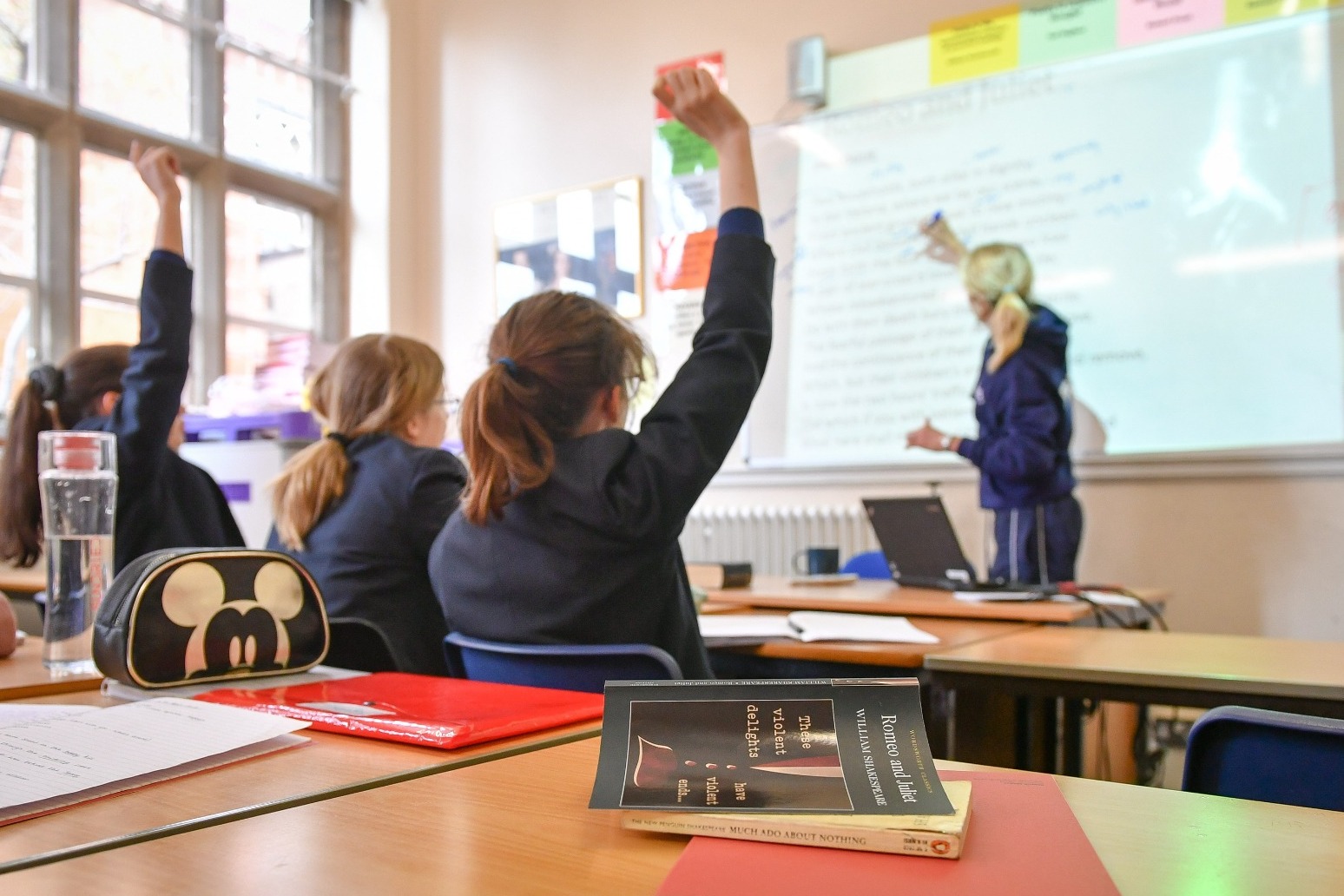
Disadvantaged pupils remain behind in maths
Pupils from low-income backgrounds in England are still behind in outcomes in mathematics compared with before the pandemic, a report suggests.
Outcomes in maths have not recovered to pre-pandemic levels in schools, equating to an average loss of over four months of learning in secondary schools and a loss of two months in primary schools, it found.
The attainment gap for disadvantaged primary school pupils for maths also remains wider than it was before the pandemic (from 6.9 months to 8.7 months), according to a report from think tank Education Policy Institute (EPI) and software firm Renaissance Learning.
The analysis – which looks at outcomes for pupils in years 3 to 9 in England – looked at data from Renaissance’s Star Reading and Star Maths assessments from 2017/18 to 2022/23.
The study also looked at the impact of the pandemic on pupils who are “persistently disadvantaged” – those who have been eligible for free school meals for at least 80% of their time in school.
These students have particularly low outcomes when compared with non-disadvantaged pupils and those who are disadvantaged for a relatively short period of time, the study found.
The report suggests that the proportion of primary-aged pupils classified as persistently disadvantaged increased from 8.9% before the pandemic to 13.3% in 2022/23.
In primary mathematics, the disadvantage gap for persistently disadvantaged pupils was nearly double that for low persistence disadvantage (10.1 months for persistently disadvantaged pupils compared with 5.3 months, for low persistence disadvantaged pupils).
Jon Andrews, head of analysis and director for school performance and systems at the Education Policy Institute (EPI), said: “This latest analysis shines further light on the disproportionate impact that the Covid-19 pandemic had on the outcomes of disadvantaged pupils, worsening already stark inequalities. These inequalities should be a significant concern for policymakers and education providers.
“The far lower outcomes for pupils who experience persistent disadvantage is a reminder of the importance of tackling child poverty as a root cause of the gap in academic outcomes.”
Geoff Barton, general secretary of the Association of School and College Leaders (ASCL), said: “Schools have moved heaven and earth to support children in catching up with lost learning from the pandemic but as these results show this has not been an easy task, and in terms of maths that is likely to be because missing key elements of numeracy at an early stage make later progress much more difficult.
“This analysis makes it even more frustrating that the Government not only failed to provide sufficient investment in education recovery in the first place but is now pulling the plug on the national tutoring programme – which was its flagship recovery programme.
“It is abundantly clear that there needs to be continued investment in education recovery and there is a strong case for continued investment in a tutoring programme as a permanent feature of the education system as a means of narrowing the attainment gap between disadvantaged pupils and their peers.
“Unfortunately, the Government has decided that it is a case of job done when this is very clearly not the case at all.”
A Department for Education spokesperson said: “We know the pandemic had a significant impact on education globally which is why we have made £5 billion available since 2020 for education recovery initiatives, including the National Tutoring Programme.
“We are constantly seeing the success of our reforms. England ranked 11th in the world for maths, up from just 27th in 2009, and in May our primary aged children came fourth in the world for reading – making them the best readers in the western world.”
Published: by Radio NewsHub